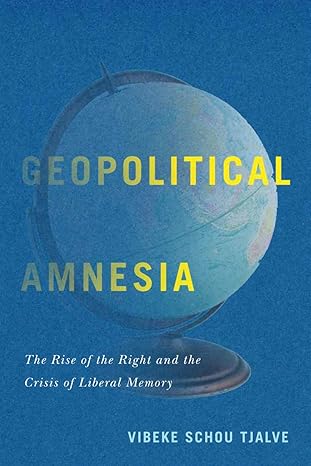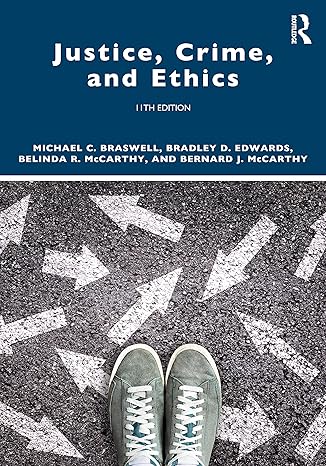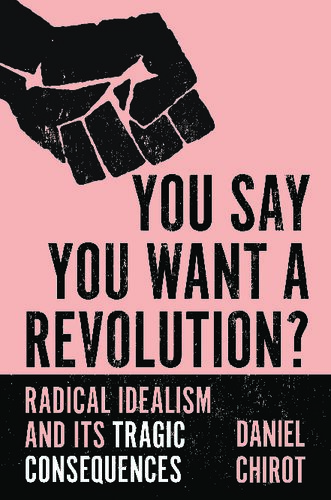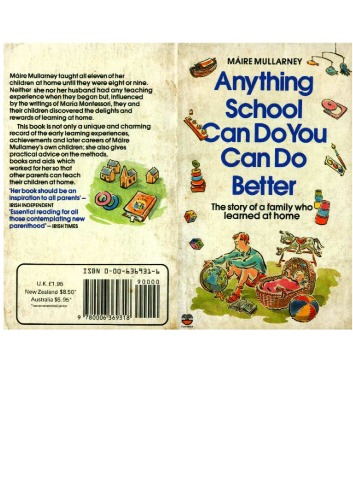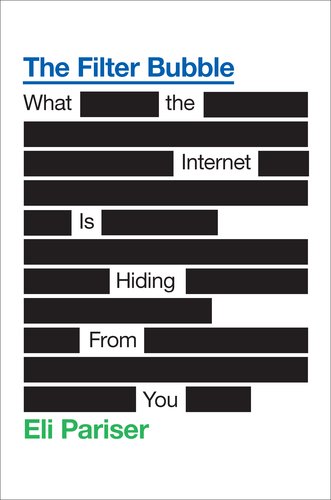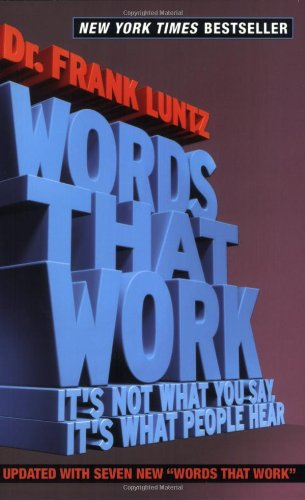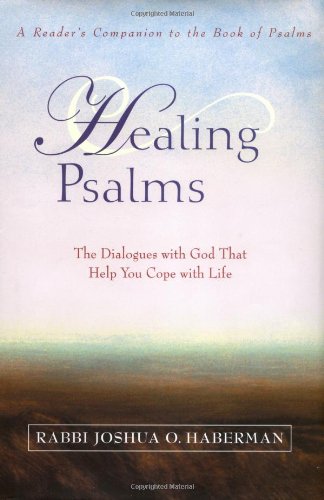موضوعات
آموزش و پرورش
ادبیات و زبان
پزشکی، دندانپزشکی و داروسازی
تاریخ و جغرافیا
داستان و رمان
دیگر
دین و فلسفه
روانشناسی
ریاضیات و آمار
سلامتی، تناسب اندام و رژیم غذایی
شیمی و پلیمر
علوم اجتماعی و حقوق
علوم زیستی و بیوتکنولوژی
فیزیک و نجوم
کامپیوتر و اینترنت
کتابهای کودکان و داستان
کسب و کار و اقتصاد
کشاورزی و دامپزشکی و غذا
معماری
مهندسی و فناوری
هنر و تئاتر
محصولات
You Say You Want a Revolution? Radical Idealism and Its Tragic Consequences - Original PDF
نویسندگان: خلاصه: Why have so many of the iconic revolutions of modern times ended in bloody tragedies? And what lessons can be drawn from these failures today, in a world where political extremism is on the rise and rational reform based on moderation and compromise often seems impossible to achieve? In You Say You Want a Revolution?, Daniel Chirot examines a wide range of right- and left-wing revolutions around the world—from the late eighteenth century to today—to provide important new answers to these critical questions. From the French Revolution of the eighteenth century to the Mexican, Russian, German, Chinese, anticolonial, and Iranian revolutions of the twentieth, Chirot finds that moderate solutions to serious social, economic, and political problems were overwhelmed by radical ideologies that promised simpler, drastic remedies. But not all revolutions had this outcome. The American Revolution didn’t, although its failure to resolve the problem of slavery eventually led to the Civil War, and the collapse of communism in Eastern Europe was relatively peaceful, except in Yugoslavia. From Japan, North Korea, Vietnam, and Cambodia to Algeria, Angola, Haiti, and Romania, You Say You Want a Revolution? explains why violent radicalism, corruption, and the betrayal of ideals won in so many crucial cases, why it didn’t in some others—and what the long-term prospects for major social change are if liberals can’t deliver needed reforms. A powerful account of the unintended consequences of revolutionary change, You Say You Want a Revolution? is filled with critically important lessons for today’s liberal democracies struggling with new forms of extremism. Daniel Chirot is the Herbert J. Ellison Professor of Russian and Eurasian Studies at the Henry Jackson School of International Studies at the University of Washington. He is the author of many books, most recently, The Shape of the New: Four Big Ideas and How They Made the Modern World (with Scott L. Montgomery) (Princeton), which was named one of the New York Times Book Review's 100 Notable Books of the Year.Anything School Can Do You Can Do Better: The Story of a Family Who Learned at Home, Revised Edition - PDF
نویسندگان: خلاصه: In the late 1940s, when our family began, ‘early cognitive learning’ was not supposed tobe possible. It was taken for granted that real learning happened-in school, and thatschool was a good thing; the more of it everyone could get, the better.Now, in the early 1980s, many people, though not all, have come to change their mindsradically on both questions. It happens that our experience cuts across both trends. Ourchildren began to learn early, and they learnt at home, not at school, until the age of eightor nine. Now that the youngest of our eleven children has just finished school, it seemsthat the learning they did in those few years at home has been much more relevant totheir later careers than anything they did in primary school. As for post- primary school,some gained some benefit, when they were lucky enough to meet a good teacher with asmall class; two at least were harmed; on the whole, the experience was irrelevant.The first part of this book tells about the early learning; how it was prompted, and ageneral survey of how we all went about it. Anyone who wants to make use of ourexperience will find more detail in the chapter called Resources, towards the end.The next section gives a short account of each of the children, just to tie up thebeginnings with their life after school. It might be easier to keep track of the peoplemoving through the first story if you turn to these chapters if confused.Then comes ‘The Debate about Reading’ with a chapter to itself. This is a subject,which, in the English-speaking world, generates vast amounts of argument. There arethose who think reading is too delicate a matter for parents to meddle in and there areothers who think that parents should be enlisted to help the school. There are those whothink it should be taught in kindergarten, and others who vehemently disagree. I have justcome across this judgment, made in 1970 by Dr Hans Furth, a psychologist at theCatholic University of America, Washington, DC.Mark well these twin conditions: learn reading and forget your intellect. The average fiveto nine year old, from any environment, is unlikely, when busy with reading and writing,to engage his intellectual powers to any degree.Even to copy that sentence makes my blood pressure rise. And on top of the disagreementabout when reading should be taught, and by whom, there are entrenched views about thebest methods. We used four different methods; though each did well enough one of themseemed decidedly more satisfactory than the others; it is appropriate only to the home. Inthe first draft of this book I found that while I was trying to describe our experience I wasalso getting caught up in arguments on all fronts at once. This time round I have tried togive a straight account of the different methods in the first part of the book and keep allthe arguments and references to research which I discovered later on safely shut up in achapter of their own.The Filter Bubble: What the Internet Is Hiding from You - PDF
نویسندگان: خلاصه: An eye-opening account of how the hidden rise of personalization on the Internet is controlling-and limiting-the information we consume. In December 2009, Google began customizing its search results for each user. Instead of giving you the most broadly popular result, Google now tries to predict what you are most likely to click on. According to MoveOn.org board president Eli Pariser, Google's change in policy is symptomatic of the most significant shift to take place on the Web in recent years-the rise of personalization. In this groundbreaking investigation of the new hidden Web, Pariser uncovers how this growing trend threatens to control how we consume and share information as a society-and reveals what we can do about it. Though the phenomenon has gone largely undetected until now, personalized filters are sweeping the Web, creating individual universes of information for each of us. Facebook-the primary news source for an increasing number of Americans-prioritizes the links it believes will appeal to you so that if you are a liberal, you can expect to see only progressive links. Even an old-media bastion like The Washington Post devotes the top of its home page to a news feed with the links your Facebook friends are sharing. Behind the scenes a burgeoning industry of data companies is tracking your personal information to sell to advertisers, from your political leanings to the color you painted your living room to the hiking boots you just browsed on Zappos. In a personalized world, we will increasingly be typed and fed only news that is pleasant, familiar, and confirms our beliefs-and because these filters are invisible, we won't know what is being hidden from us. Our past interests will determine what we are exposed to in the future, leaving less room for the unexpected encounters that spark creativity, innovation, and the democratic exchange of ideas. While we all worry that the Internet is eroding privacy or shrinking our attention spans, Pariser uncovers a more pernicious and far- reaching trend on the Internet and shows how we can- and must-change course. With vivid detail and remarkable scope, The Filter Bubble reveals how personalization undermines the Internet's original purpose as an open platform for the spread of ideas and could leave us all in an isolated, echoing world.Teen Driving (Issues That Concern You) - PDF
نویسندگان: خلاصه: In the case of Robertson v. the Department of Public Works, JusticeTolman of the Washington State Supreme Court stated that:Complete freedom of the highways is so old and well establisheda blessing that we have forgotten the days of the Robber Baronsand toll roads, and yet, under an act like this [regarding a lackof jurisdiction in a case on driving without a license], arbitrarilyadministered, the highways may be completely monopolized;if, through lack of interest, the people submit, then they maylook to see the most sacred of their liberties taken from themone by one, by more or less rapid encroachment.The question remains, though: Is driving a right or a privi-lege? Nina A. of Byron Center, Michigan, published an articleon teenink.com describing the day she decided it was indeed aprivilege. While driving her little blue Geo Tracker early onemorning, struggling to stay awake, she ran a red light and causedan accident. She wrote, “Nothing is more important than hav-ing enough sleep to drive safely and keep myself and others safe(and possibly even alive). These are all reminders of just how biga privilege driving really is.”If driving were considered a right, instead of a privilege, shouldanyone be able to just hop into a vehicle—car, truck, tractortrailer—and hit the interstate? What of learning the traffic lawsfirst and passing a driver’s license test? Should people have tostudy driving laws in advance, or will they automatically figureout how it all works when they jump behind the wheel of a 4,000-pound car or an 80,000-pound 18-wheeler? What happens if theydo not figure it out quickly enough? Somebody dies.Words That Work, Revised, Updated Edition: It's Not What You Say, It's What People Hear - PDF
نویسندگان: خلاصه: This is the part where most authors describe their efforts as a “labor oflove” and then list all the special people who “made this book possible.”I can’t. The truth is, this was the single most difficult task I haveundertaken—and it ensured that I did not get a decent night’s sleep forthe past year.The person most responsible for my lack of fitful rest is my agent,Lorin Rees, from whom I mistakenly took a call on a rare Sunday whenI actually wasn’t working eight hours. He convinced me to use that af-ternoon to write up a book proposal that somehow he managed to sell atexactly the minimum amount I was willing to accept. He has never re-ceived a pleasant e-mail from me during this entire process. At least hemade some money out of it.Next in line is Jonathan Karl, who has spent the last half decade end-lessly nagging me into writing this text. He doesn’t know this but on sev-eral occasions during the more stressful periods I actually thought abouthaving Dr. Kevorkian pay him a visit. I have to be careful not to say any-thing bad about him: He’s one of the best reporters in Washington, D.C.,and he’s liable to go out and dig up dirt on me.Healing Psalms: The Dialogues with God That Help You Cope with Life - PDF
نویسندگان: خلاصه: A prominent rabbi shows how to apply the wisdom of the Psalms in our daily livesTraditionally attributed to King David, among others, the book of Psalms collects 150 songs in praise of the Lord-songs that contain some of the Bible's most beautiful and inspiring verses. Now, one of America's most esteemed rabbis elucidates the meaning of the Psalms and explains how their healing wisdom can help us in our everyday lives. Examining each of the Psalms in turn, Rabbi Joshua Haberman shows how these "dialogues with God" offer comfort in our struggles to cope with adversity and improve our lot in life, whether we're seeking deliverance from suffering, giving praise for our good fortune, or commemorating a special occasion. Though this is the only mainstream book on the Psalms written by a rabbi, the book is for people of all spiritual traditions-Jews, Christians, and people of any tradition who want to tap into the healing power of the Psalms.Joshua O. Haberman (Washington, DC) is President of the Foundation for Jewish Studies. The former Senior Rabbi at the Washington Hebrew Congregation, he has preached at the White House and at the nationally televised memorial service to honor victims of 9/11.آیا کتاب مورد نظر هنوز بر روی سایت قرار نگرفته است؟ جای نگرانی نیست! کافی است بر روی گزینه سفارش کتاب کلیک کرده و درخواست خود را ثبت کنید. در کمتر از چند ساعت کتاب شما را آماده خواهیم کرد.

